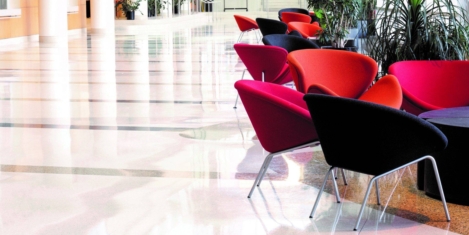December 22, 2016
British workers find it increasingly difficult to unwind after work 0
A large proportion of British workers are struggling to switch off from work when they finish for the day, according to new research. The study of 1,011 UK adults in full or part-time employment, conducted by Cascade HR as part of the firm’s The Stress Report, claims that more than three quarters (76 percent) are unable to unwind immediately and instead experience residual stress after leaving the office. The data found it takes on average 1 hour and 39 minutes for UK workers to relax after they have left work for the day, while almost a fifth say they often take work home with them and so don’t ever fully unwind. This residual work stress isn’t just encroaching on employees’ free time after work, but time spent on annual leave, according to the study. When they go on annual leave, it takes UK workers an average of 2.63 days for them to relax, and 10.31 days of annual leave for them to return to work feeling truly refreshed. This equates to just over half of the UK’s statutory allocation of annual leave per person, per year.



































December 12, 2016
Can an organisation simply buy employee motivation? 0
by Matias Rodsevich • Comment, Workplace
(more…)